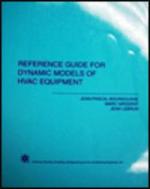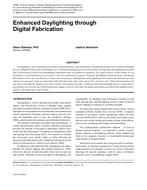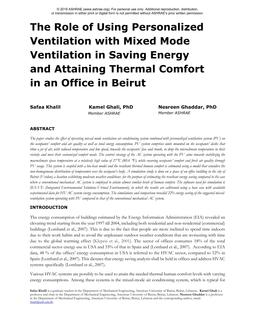States that in HVAC systems, the sensible reheat requirement may be reduced through recirculation of supply air that bypasses a cooling coil. Presents an analysis and parametric study of this approach. States the results are applicable to constant air volume systems, which often require large amounts of reheat. Reheat is needed when the latent load requires a lower temperature supply air than that needed to meet the sensible load. Reheat can be reduced by processing only a fraction of the return air, and then mixing the remainder of the return air with this processed air. Since the airflow through the coil is reduced, the coil temperature must be lowered to meet the same sensible and latent loads. The air conditioner coefficient of performance is reduced since the coil temperature is lowered, but cooling energy is reduced since less flow is processed by the coil. The fraction of circulation flow that eliminates the reheat is a function of the space set point, the space load, the sensible heat ratio and the circulation flow rate. Maintains that a significant reduction in air conditioner coil size and power consumption could be realised through this approach.
KEYWORDS: Air conditioning, constant volume air conditioning, reheaters, recirculating, air, temperature, coefficient of performance, return air, heating coils, cooling coil, bypasses
Citation: ASHRAE Trans. 1992, vol.98, part 1, paper number AN-92-8-4, 919-925, 12 figs, 1 tab, refs.
Product Details
- Published:
- 1992
- File Size:
- 1 file , 800 KB
- Product Code(s):
- D-18011


